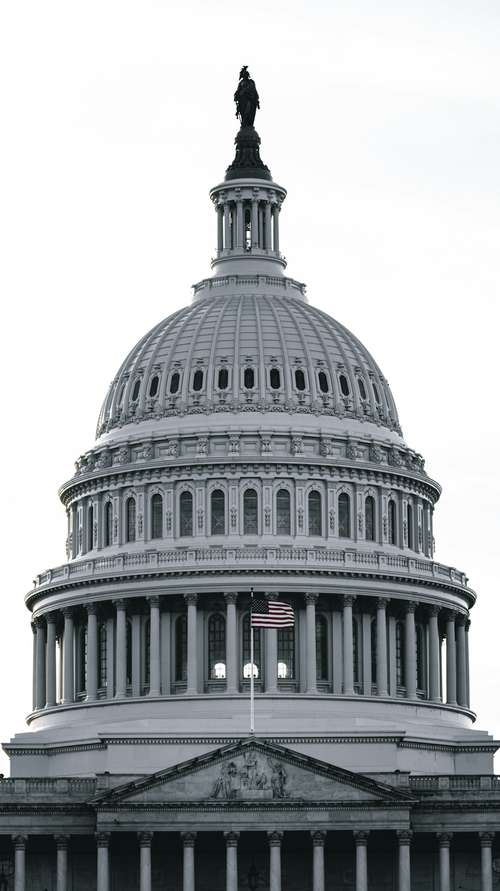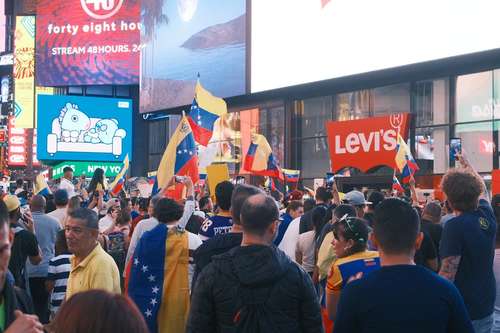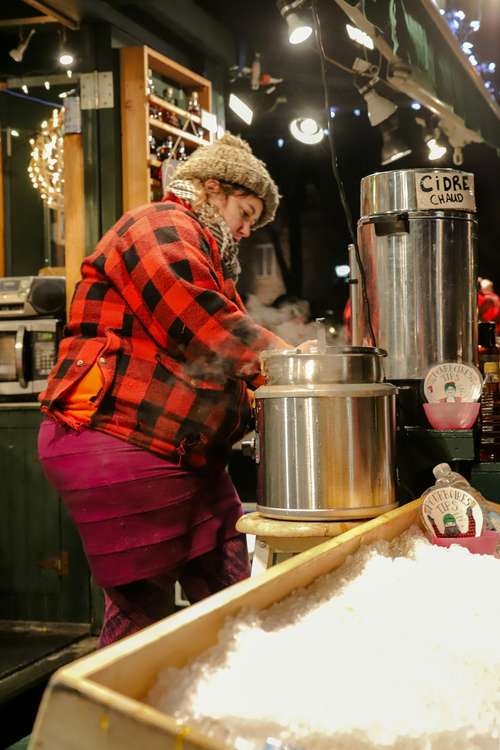The U.S. Supreme Court has ruled that cities can ban people from sleeping and camping in public places.
This ruling, decided by a 6-3 vote along ideological lines, overturned lower court decisions that found it cruel and unusual to punish people for sleeping outside if they had no other options.
Justice Gorsuch, writing for the majority, said, "Homelessness is complex. Its causes are many.”
However, federal judges lack the "special competence" to dictate city policies.
“The Constitution’s Eighth Amendment serves many important functions, but it does not authorize federal judges to wrest those rights and responsibilities from the American people and in their place dictate this Nation’s homelessness policy,” he wrote.
In dissent, Justice Sotomayor argued that the decision overlooked the most vulnerable. She emphasized that sleep is a biological necessity, and this ruling forces homeless people into an “impossible choice — either stay awake or be arrested.”
The court's decision is a significant win for the small Oregon city of Grants Pass, which brought the case, and for dozens of Western localities seeking more enforcement powers amid record-high homelessness rates.
They argued that lower court rulings had restricted their ability to maintain public spaces for everyone.
The ruling affects current law in the 9th Circuit Court of Appeals, which covers California and eight other Western states where the bulk of homeless people in America live.
It will also influence whether similar policies are permissible elsewhere and will likely shape homelessness policy in cities nationwide.
Rising Homelessness in the US
Homelessness is increasing in the US, driven partly by chronic shortages of affordable housing.
According to government figures, around 653,000 people were without homes in 2023, the highest number since tracking began in 2007.
The Department of Housing and Urban Development also estimated that 256,000 people lived without shelter on any given night last year.
Cities like Grants Pass argued that lower court rulings led to the spread of homeless encampments, posing risks to public health and safety.
Although these rulings allowed cities to restrict when and where people could sleep and even shut down encampments, they required cities to offer adequate shelter first.
This is challenging in many areas with insufficient shelter beds. Local officials expressed frustration that many homeless people in America reject available shelters for various reasons, such as facilities banning pets or prohibiting drugs and alcohol.
Critics also pointed out that lower court rulings could have been clearer, making them difficult to implement. Localities faced numerous lawsuits over the specifics of what was permitted.
They argued that homelessness is a complex issue that requires balancing competing interests, which local officials are better equipped to handle than the courts.
Seattle City Attorney Ann Davison, who wrote a legal brief on behalf of more than a dozen cities, stated, “We are trying to show there's respect for the public areas that we all need to have. We care for people, and we're engaging and being involved in the long-term solution for them.”
The Supreme Court's ruling on supreme court homeless camping will likely prompt cities to reevaluate their homelessness policies. With the legal backing to enforce bans on public camping, cities may implement stricter measures to manage public spaces.
However, this approach also raises concerns about the adequacy of available shelters and support systems for homeless people in America.




